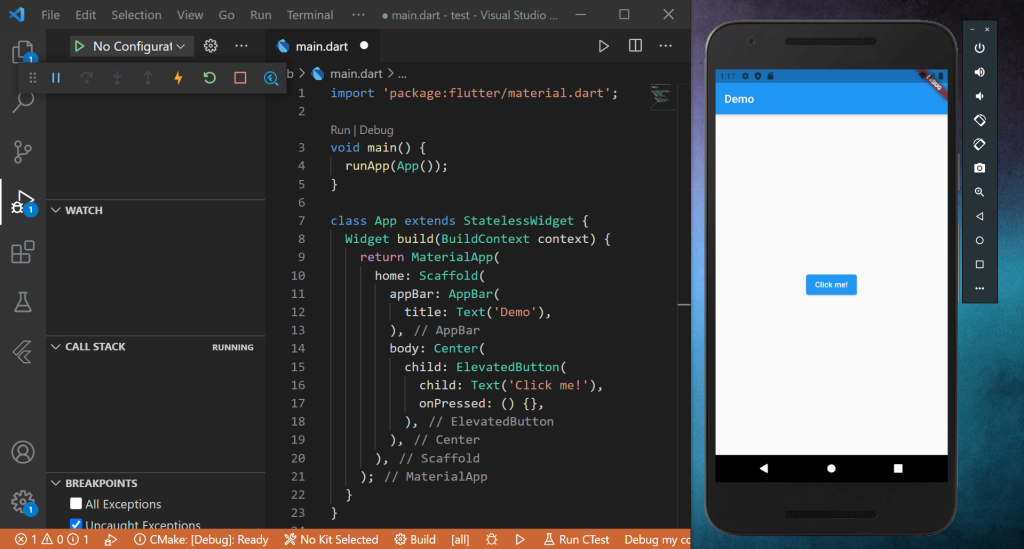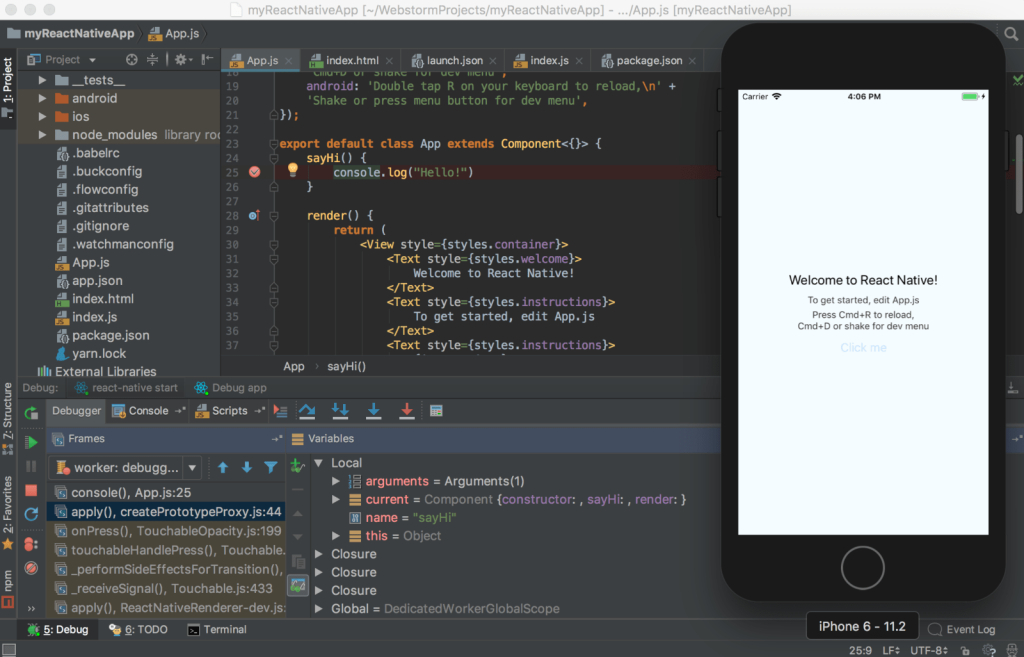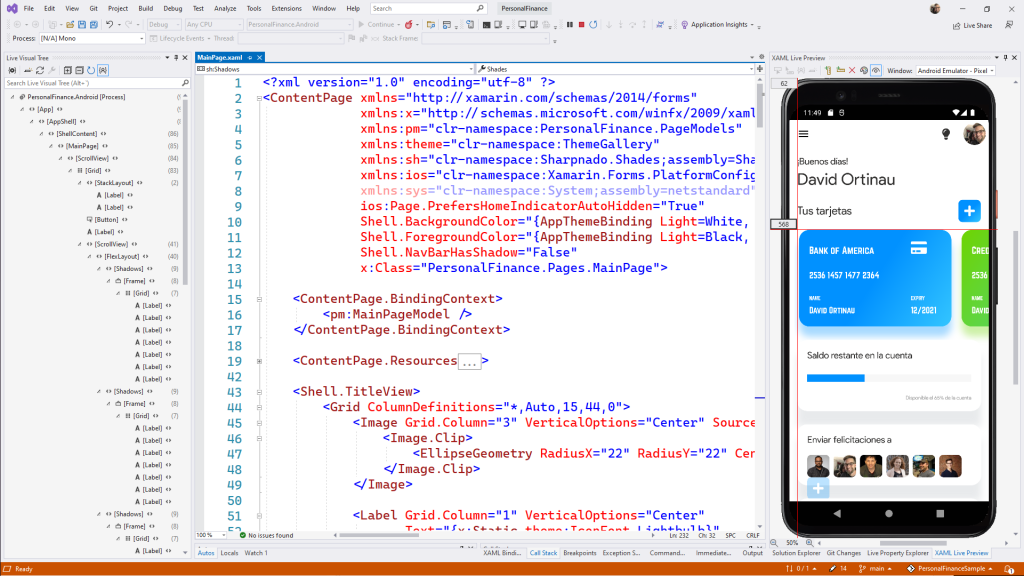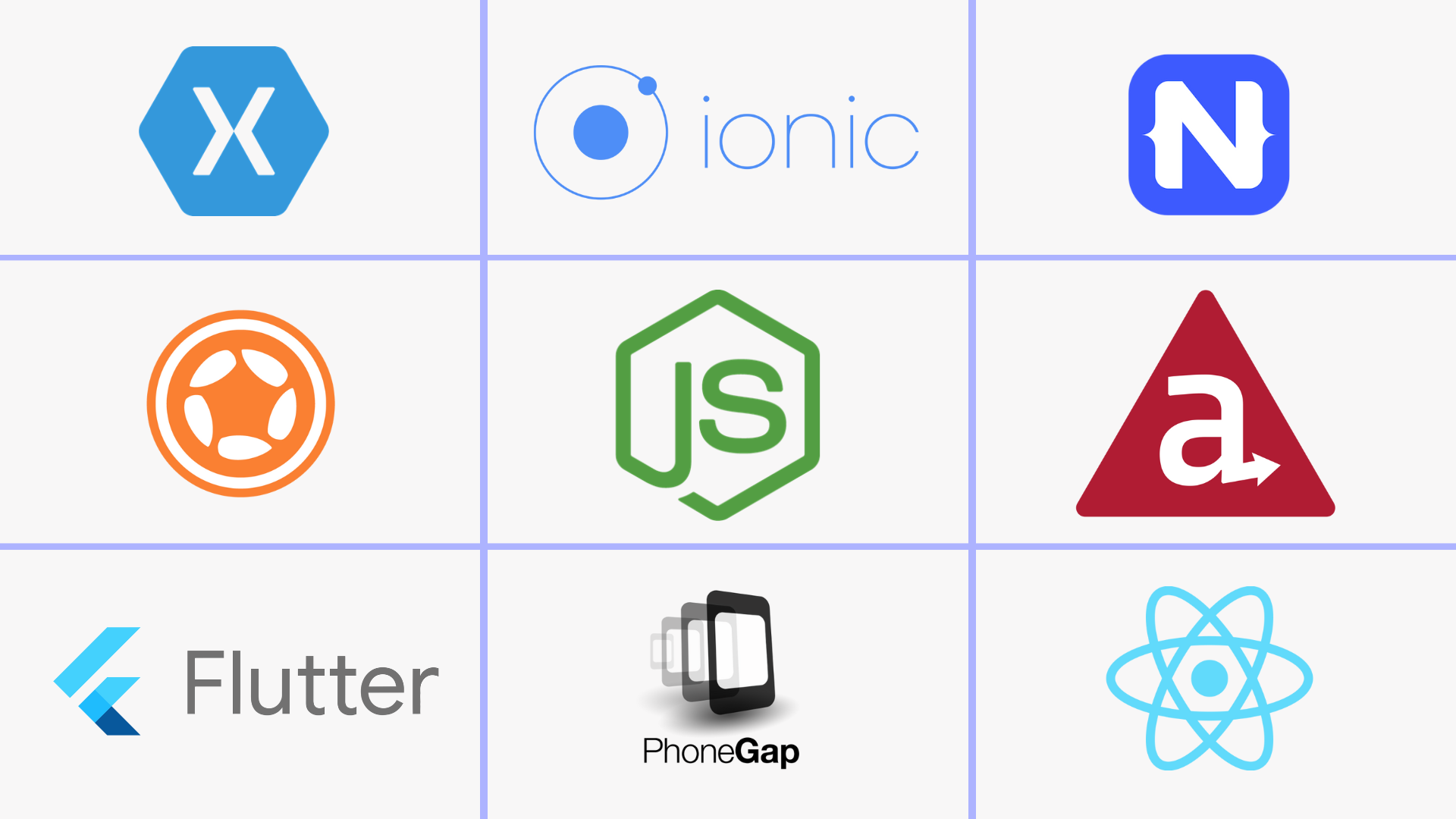Creating cross-platform apps has become a cornerstone of modern development. This approach enables developers to target multiple platforms, like iOS and Android, using a single codebase. This approach reduces development time and costs and ensures a consistent user experience across platforms. Tools like Flutter, React Native, and Xamarin have made cross-platform development more accessible and efficient.
Flutter, developed by Google, uses the Dart programming language and provides a widget-based UI toolkit for creating native-like apps. Its hot reload feature accelerates development by allowing real-time code changes. React Native, maintained by Meta, enables developers to use JavaScript and React principles for building performant apps, leveraging reusable components for faster deployment. Xamarin, backed by Microsoft, uses C# and .NET, delivering deep integration with platform-specific APIs for a native feel.
1. Flutter
Keyword: “Best frameworks for cross-platform development”
Flutter is one of the best frameworks for cross-platform development, renowned for its fast performance and expressive UI. Developed by Google, it uses Dart as its programming language and allows developers to create natively compiled mobile, web, and desktop apps from a single codebase.
Key Features:
- Hot Reload: This makes it easy to see changes instantly during development.
- Rich Widgets: Delivers customizable and pre-designed widgets to create stunning interfaces.
- Strong Community Support: A vibrant developer community and extensive documentation.

Use Cases:
Flutter is ideal for apps requiring a beautiful and responsive UI, such as e-commerce and social media applications.
2. React Native
Keyword: “Top tools for mobile app development”
React Native is among the top tools for mobile app development. It enables developers to create high-quality apps using JavaScript. Backed by Facebook, it allows for code reuse across platforms, making development faster and more efficient.
Highlights:
- Native Components: Delivers a near-native performance by using native components.
- Third-Party Plugin Support: Provides flexibility through numerous third-party libraries.
- Active Community: Ensures quick solutions to development challenges.
When to Use:
Choose React Native for apps that require a native-like experience, such as fitness trackers or streaming platforms.

3. Xamarin
Keyword: “Cross-platform development tools for businesses”
Xamarin, powered by Microsoft, is preferred for cross-platform business development tools. It uses C# and .NET for app development, delivering robust integration with Microsoft’s ecosystem.
Features:
- Shared Codebase: Share up to 90% of the code across platforms.
- Native API Access: Provides direct access to native APIs for iOS and Android.
- Enterprise-Friendly: Seamless integration with Azure and other enterprise services.

Best For:
Xamarin is ideal for businesses looking to build scalable and secure enterprise-level applications.
4. Ionic
Keyword: “Hybrid app development platforms”
Ionic is a potent hybrid app development platform that combines web technologies like HTML, CSS, and JavaScript to build mobile apps. Its use of a single codebase makes it a cost-effective solution for developers.
Key Benefits:
- Cross-Platform UI Components: This service delivers a library of components that work seamlessly on iOS, Android, and the web.
- Web Standards: Built on trusted web technologies.
- Progressive Web Apps: Easily transitions apps into PWAs.
Use Case:
Ionic is great for apps focusing on consistent UI and rapid development, such as educational platforms or small business tools.
5. Unity
Keyword: “Best tools for game app development”
For those focusing on game development, Unity is one of the best tools for game app development. Its flexibility allows developers to create engaging experiences for 2D and 3D games, with compatibility across multiple platforms.
Features:
- Wide Platform Support: Publish games for mobile, desktop, consoles, and even AR/VR devices.
- Asset Store: Access a marketplace for ready-made assets and tools.
- High Performance: Optimized for resource-intensive applications like games.

Ideal For:
Unity is perfect for developers building interactive and visually appealing games.
6. PhoneGap
Keyword: “Open-source app development tools”
PhoneGap, powered by Apache Cordova, is a widely used open-source development tool for cross-platform apps. It leverages web technologies and is easy to set up for developers familiar with HTML, CSS, and JavaScript.
Advantages:
- Simplified Development: Create apps without needing to learn complex languages.
- Cloud Build: Compile apps directly in the cloud.
- Plugin Library: Access a wide range of plugins for extended functionality.
Best Applications:
PhoneGap is suitable for developers looking to create simple, content-rich apps.
7. Kotlin Multiplatform
Keyword: “Cross-platform app development with Kotlin”
Kotlin Multiplatform delivers an innovative approach to cross-platform app development with Kotlin. It allows developers to share code across platforms while maintaining the flexibility to use native features.
Why Choose Kotlin Multiplatform?
- Code Reuse: Share standard code for business logic while writing platform-specific code for UI.
- Interoperability: Fully interoperable with Java and other native technologies.
- JetBrains Support: Backed by a trusted name in the developer community.
Use Cases:
8. Adobe AIR
It’s an excellent choice for developers familiar with Kotlin targeting mobile and server-side applications.
Keyword: “Best app builders for creative projects”
Adobe AIR is among the best app builders for creative projects, providing a robust platform for developing rich Internet applications. It supports both desktop and mobile platforms.
Highlights:
- Flexibility: Supports 2D and 3D graphics.
- Cross-Platform Compatibility: Deploy apps on iOS, Android, and desktops.
- Integrated Tools: Seamless integration with Adobe’s creative suite.
Best Use:
Adobe AIR is ideal for media-rich apps like interactive presentations or graphic-intensive games.
9. NativeScript
Keyword: “JavaScript-based app development frameworks”
NativeScript stands out as one of the best JavaScript-based app development frameworks. It lets developers build native mobile apps using JavaScript, TypeScript, or Angular.
Features:
- Native UI: Create a native look and feel for each platform.
- No WebView: Access native APIs without relying on WebView.
- Rich Plugin Ecosystem: Extensive plugins for additional functionality.
Ideal Applications:
NativeScript is suitable for building high-performance apps with a native experience.
10. Appcelerator Titanium
Keyword: “Efficient cross-platform development tools”
Appcelerator Titanium is one of the most efficient cross-platform development tools that uses JavaScript to create native apps. Its framework enables rapid prototyping and development.
Key Features:
- Native Code Integration: Build apps with access to native UI components.
- Cloud-Based Services: Integrated with analytics and backend services.
- Reusable Code: Share code between multiple platforms quickly.
Use Cases:
This tool is perfect for developers who are focusing on speed and efficiency in app creation.
Conclusion
Selecting the right tool for cross-platform app development is critical and should align with your project’s requirements, audience needs, and the development team’s expertise. Frameworks like Flutter excel in delivering high-performance apps with a native-like UI, thanks to their rich widget library and the Dart programming language.
Unity is a go-to platform for gaming applications, delivering powerful 3D rendering and cross-platform capabilities ideal for delivering experiences. With ongoing advancements in hybrid platforms, such as React Native or Xamarin, developers now have accessible options to build versatile apps efficiently while maintaining consistent performance across multiple platforms.
Frequently Asked Questions (FAQs)
1. What is cross-platform app development?
Cross-platform app development refers to creating applications that can run seamlessly on multiple operating systems using a single codebase, such as iOS, Android, and Windows.
2. Why should I choose cross-platform development over native development?
Cross-platform development is cost-effective, time-efficient, and ensures consistency across platforms, making it ideal for projects that simultaneously target multiple platforms.
3. What are the most popular cross-platform development tools?
The most popular tools include Flutter, React Native, Xamarin, Ionic, and Unity.
4. Are cross-platform apps slower than native apps?
Modern cross-platform tools like Flutter and React Native are optimized for performance, and the speed difference is negligible for most use cases. However, for resource-intensive tasks like gaming, native development may sometimes be faster.
5. Can I use JavaScript for cross-platform app development?
Tools like React Native, NativeScript, and Appcelerator Titanium allow you to build cross-platform apps using JavaScript.
6. What programming languages are commonly used for cross-platform development?
Depending on the framework, languages like Dart, JavaScript, C#, and Kotlin are frequently used for cross-platform development.
7. Are cross-platform apps secure?
Yes, cross-platform tools often come with built-in security measures. However, developers must implement additional best practices to protect user data.
8. Which cross-platform tool is best for beginners?
Flutter and React Native are beginner-friendly due to their extensive documentation, active communities, and simple setup.
9. How much time does cross-platform development save?
By sharing up to 90% of the codebase across platforms, cross-platform development can save significant time compared to building separate native apps for each platform.
10. What is the cost of developing a cross-platform app?
The cost varies based on the project’s complexity, features, and tools, but cross-platform development is generally more cost-effective than developing separate native apps.
11. Can cross-platform apps access device hardware like cameras and GPS?
Most cross-platform tools provide plugins or APIs to access device hardware and native functionalities.
